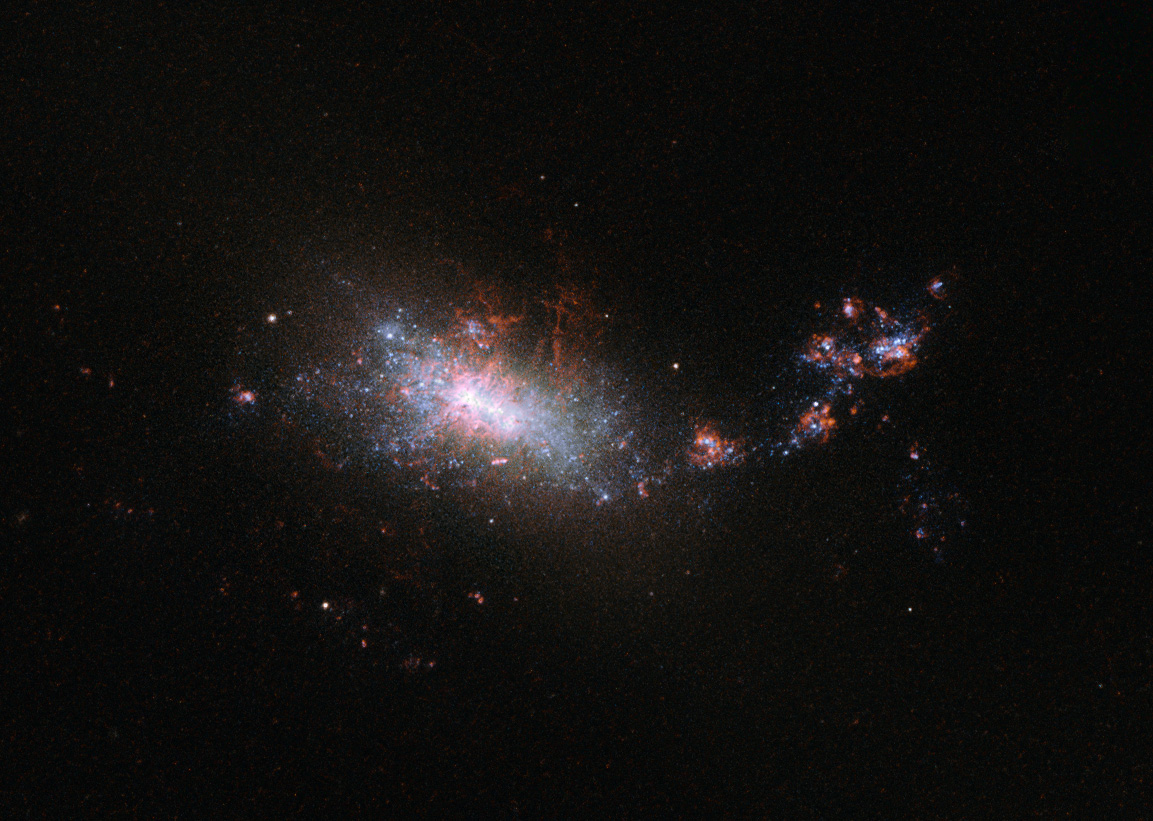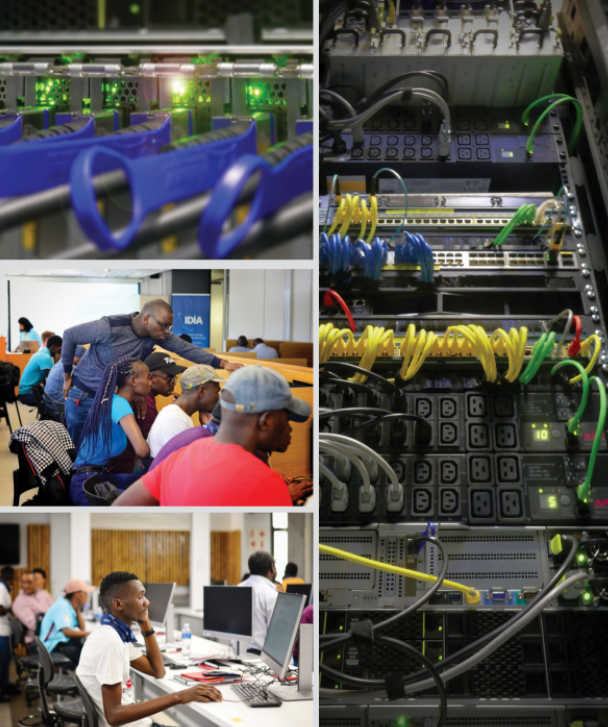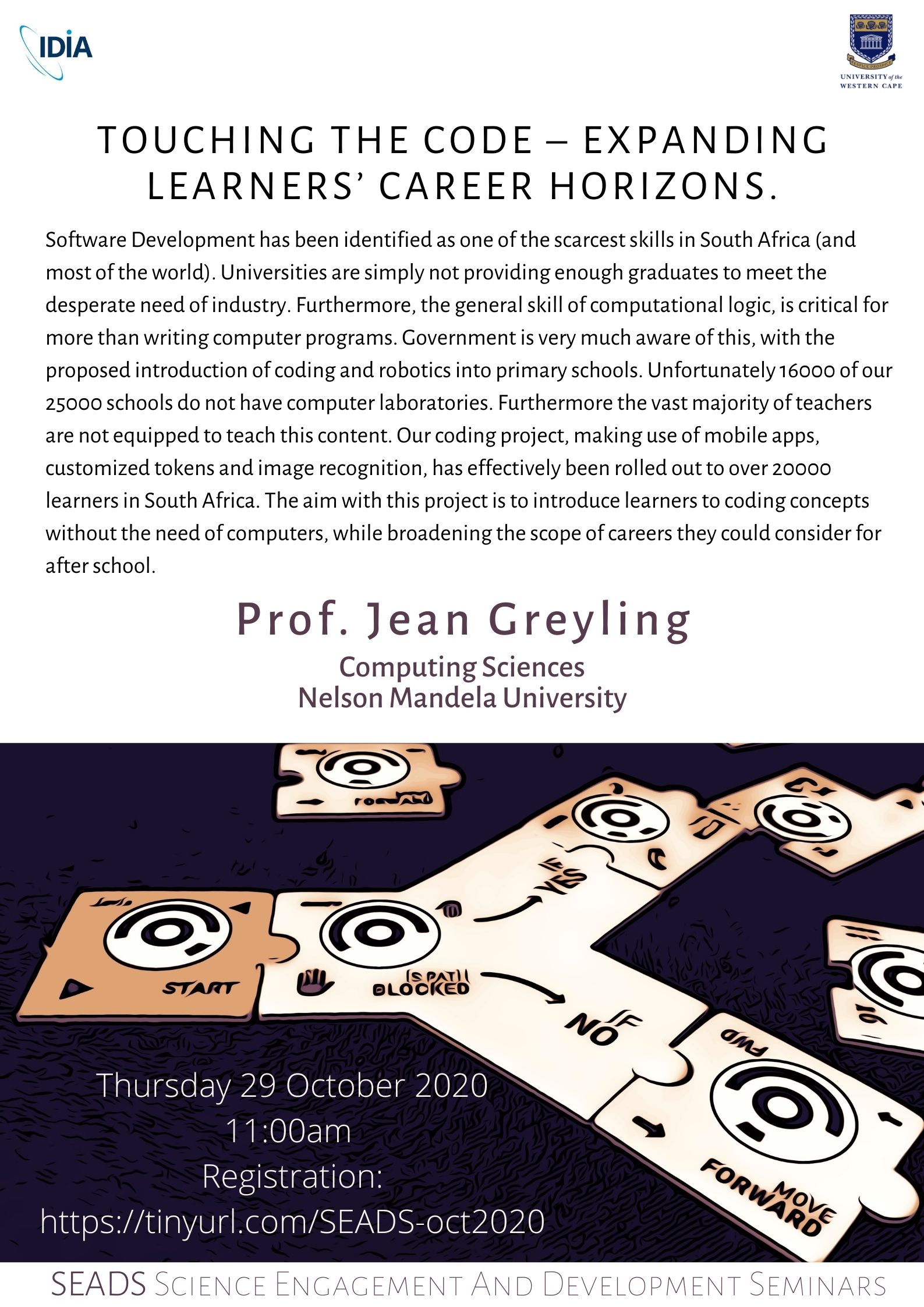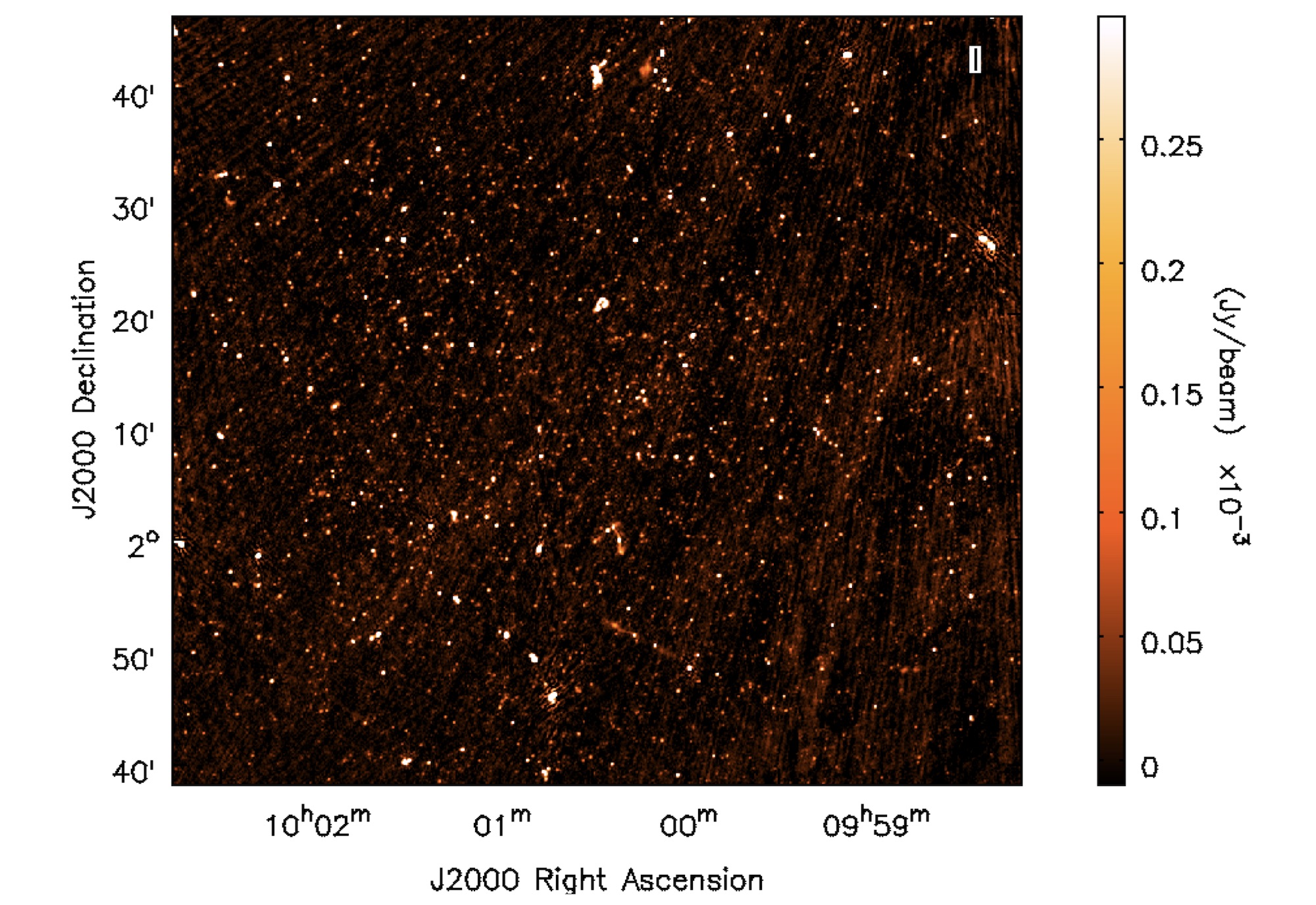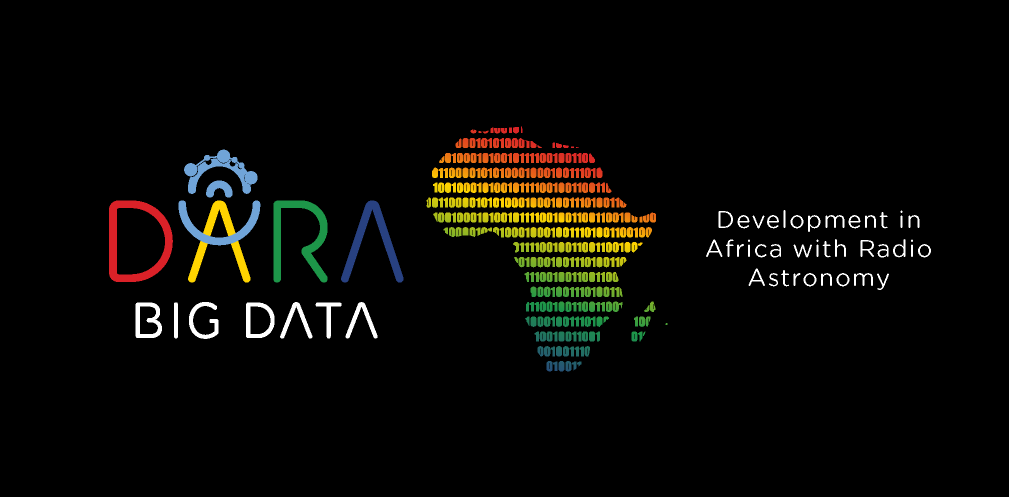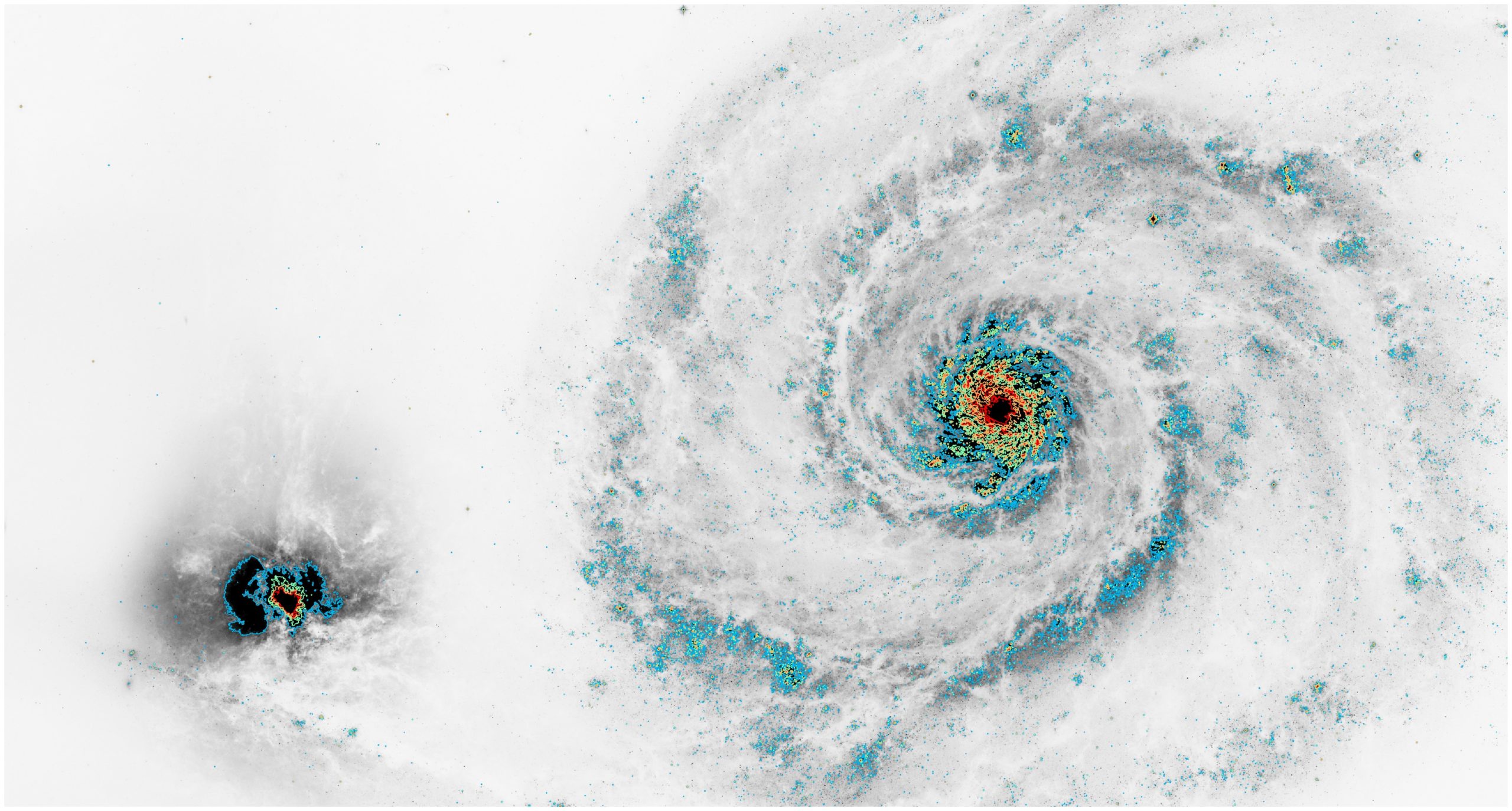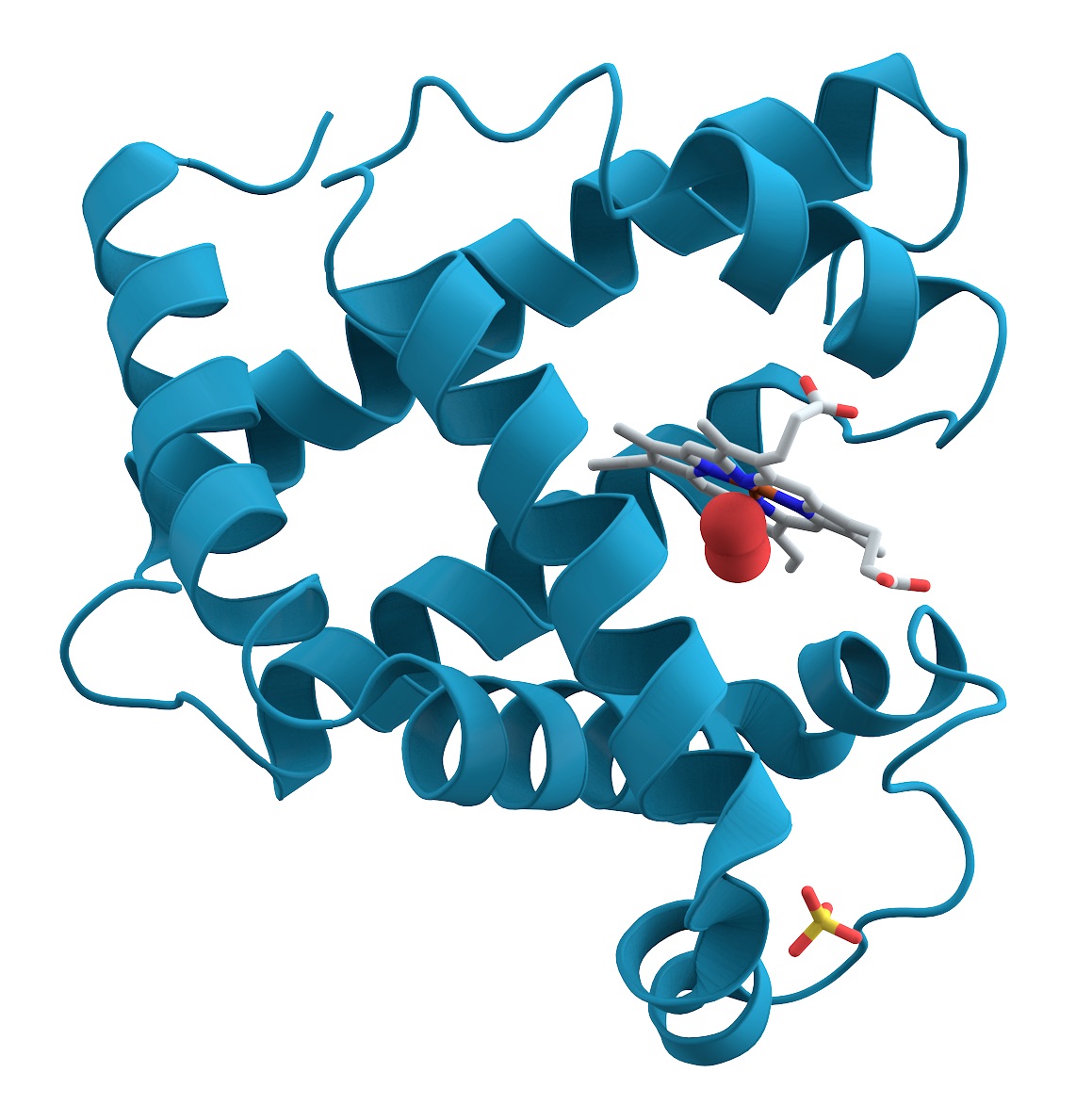IDIA Associate Director Wins InspiringFifty Award
The InspiringFifty SA Awards aims to recognise and the increase the visibility of women in science, technology, engineering and mathematics (STEM) who have advanced the STEM fields. InspiringFifty celebrates the diversity of the Top 50 women in STEM in South Africa thus publicly positioning these successful women as role models for the next generation of female leaders in their fields, … Read More

